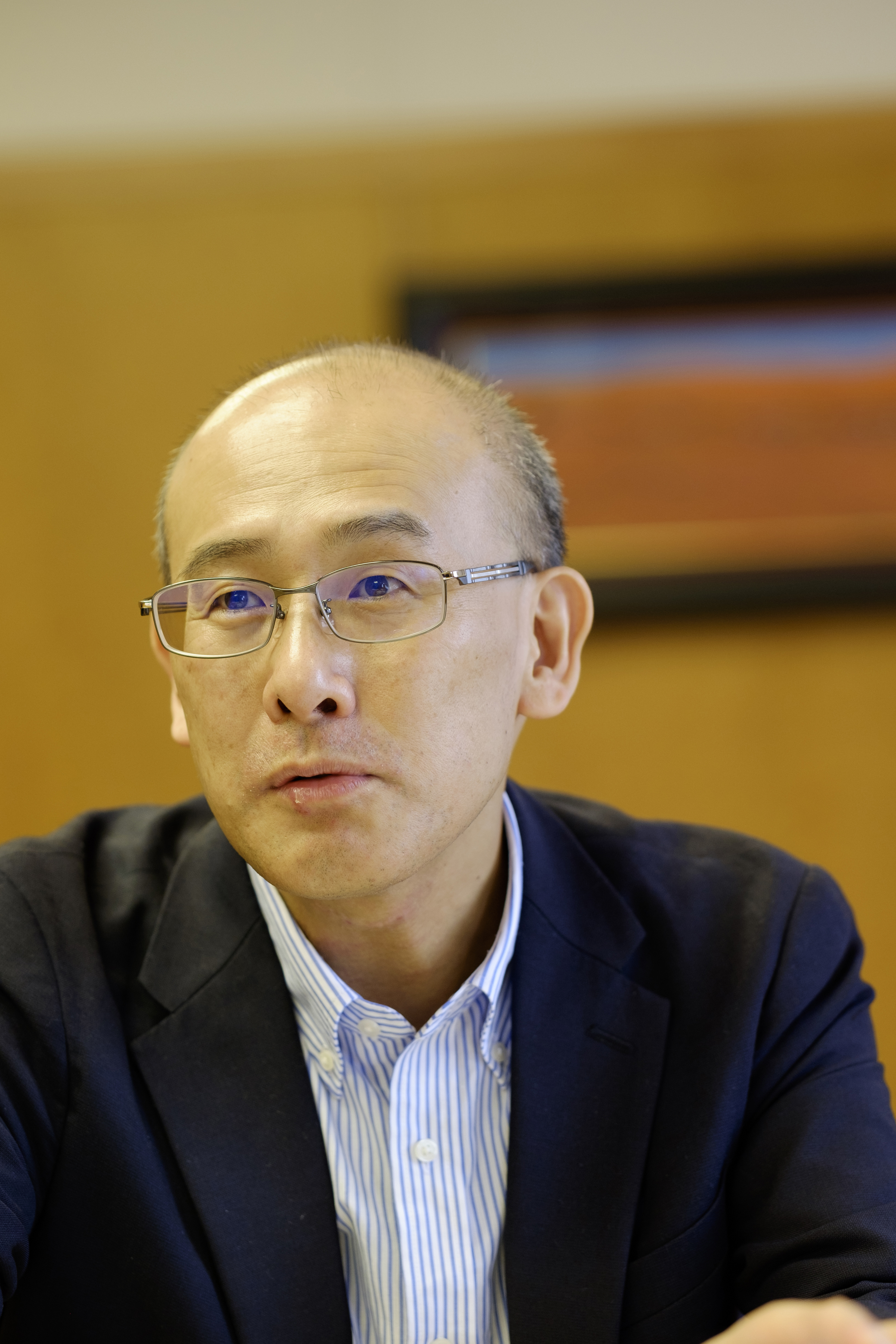Increasing Impact through Partnership

Seki: I think that partnership among stakeholders, including corporations and CSOs, is essential for initiatives to address the SDGs. The Japan Business Federation’s committee where you serve as chair is putting some effort into this aspect as well, correct?
Futamiya: Yes, I am putting my attention into corporate-CSO partnerships in my role as chair of the Keidanren Committee on Nature Conservation (KCNC). The importance of these partnerships was emphasized repeatedly through a number of dialogues with local CSOs when we visited Myanmar and Vietnam in 2016 on our annual study mission overseas. The KCNC and Keidanren Nature Conservation Fund were established in 1992 and for 25 years have been supporting Japanese and overseas CSOs working for nature conservation. To commemorate the 25th anniversary, we implemented the Special Fund Support Program to provide 150 million yen (about U.S.$1.5 million) in funding over three years for one project. We chose to support not just one organization but a project comprised of multiple organizations, based on the idea of “partnership” as emphasized by the SDGs. In the selection process we also paid a lot of attention to collaboration and partnership.
Kawakita: I have been in contact with the KCNC since it was established, and I know it has been prioritizing support for CSOs and international partnerships. I also expect the organization to promote partnerships between global corporations and the CSOs active in each region. Lately, an increasing number of Japanese corporations are conducting environmental conservation projects in their business regions worldwide in collaboration with international CSOs. In such projects, I also like to see local company employees participating, and support for opportunities for local citizens to learn about the projects.
Seki: Regarding the CSO Learning Scholarship internship program for environmental CSOs, run by the Sompo Japan Nipponkoa Environment Foundation, until now we operated only within Japan, but we are considering working overseas as well in the future.
Kawakita: The challenge when Japanese CSOs are implementing projects outside Japan is finding ways to expand their networks. Western CSOs are very skillful at collaborating with regions where they are doing projects, and they train local people and offer capacity building that results in expansion of later initiatives. I hope you will support opportunities for making links between Japanese companies and CSOs outside Japan. For example, when there is a large disaster, it is often difficult to know which CSOs to partner with, so connections through collaborative projects are very useful in times like that.
Seki: The Social Contribution Activity Performance Survey by the Keidanren One Percent Club found that about 80% of respondent companies have contacts with CSOs, but I sense that not many corporations have actually developed relations with local CSOs as they expand their business globally. I hope they realize this can be one component of a business expansion strategy.
Futamiya: Also, CBCC conducts an annual CSR study mission outside Japan and has dialogue with various stakeholders, including local CSOs, CSR organizations, governments, investors and other companies. When Japanese corporations go overseas for business expansion, they are not the best at creating opportunities for that kind of dialogue, so I sense that the CBCC dialogues are very important opportunities.
Kawakita: I sense that Western companies are good at taking the approach of deepening their engagement with local CSOs by encouraging their local employees to form volunteer or community outreach groups in the region where they are expanding their business. I would like to see this kind of know-how expanded using the CBCC as a platform.
Futamiya: As you say, I too believe that organizations like CBCC should play a valuable role in connecting the overseas offices of Japanese corporations with local organizations.
Kawakita: Also, Japanese corporations have strong connections within the same industry or corporate family, but I think it would be good to be more active in sharing topics such as compliance, risk management, and community outreach, by creating their own open platforms like we see Western companies doing. I also think that more corporations should create long-term partnerships with individual CSOs for ongoing dialogue.
As more Japanese corporations expand their business globally in the future, it is really important in terms of risk management to support them having dialogue with industry organizations, consumer groups, and CSOs that are active in Europe or other regions that are making advances in environmental conservation and human rights protection.
Futamiya: I would certainly like to make use of your comments and put them to work in our future initiatives, including at the CBCC.